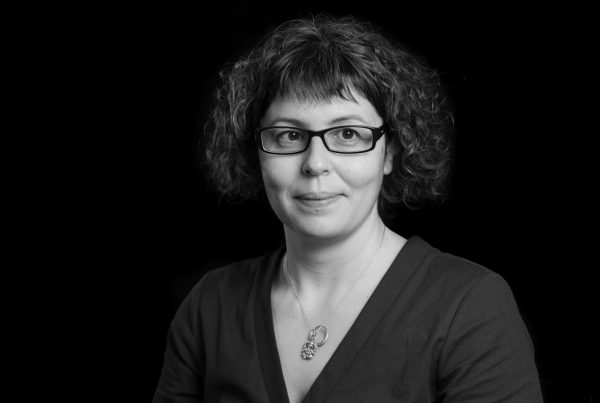I graduated in Archaeology at the University of Bologna and, after a Master in Archaeological Science at the University of Milan, I obtained my PhD in Archaeobotany from the University of Cambridge. In 2014 I co-funded the research group Culture and Socio-Ecological Dynamics, recognised by the Catalan Agency for Management of University and Research Grants (AGAUR) as an excellence group. In 2017 I was awarded a Starting grant from the ERC to work on the role of drought-tolerant crops on long-term resilience and adaptation to drylands (RAINDROPS ERC-Stg-2017, 759800). I am currently co-vicepresident of the Institutional Committe for Ethical Review of Projects at Univeristat Pompeu Fabra (CIREP) and part of the Group of Experts on Climate Change (GEC) for the Barcelona City Council. From 2022 I am the director of the Centre for Studies on Planetary Wellbeing at Universitat Pompeu Fabra.
Research interests
I am an archaeobotanist and quantitative archaeologist specialised in long-term human ecology of drylands. I combine methods from plant sciences, ethnography and archaeology with statistical analysis, modelling and simulation to study plant-related activities. Specifically, my work addresses the essential role of the so-called secondary resources (e.g., millets as foodstuff, dung as fuel, etc.) for the adaptation and resilience of past and present socio-ecological systems in drylands. I conduct research in South Asia, Europe, Near East, Africa and South America, covering a chronology that span from Early Neolithic to historic periods, with a special focus on South Asian Bronze Age and African late prehistory. I strongly believe in the importance of upholding Responsible Research and Innovation practices, by fully complying with the principles of ethical research, open access, civil society engagement and by incorporating a gender perspective to my work.
Selected publications
- Biagetti S, Ruiz-Giralt A, Madella M, Magzoub MK, Meresa Y, Gebreselassie MH, Veesar GM, Abro Alam T, Chandio A & Lancelotti C 2022, 'No Rain, No Grain? Ethnoarchaeology of Sorghum and Millet Cultivation in Dryland Environments of Sudan, Pakistan, and Ethiopia', Ethnoarchaeology, vol. 13, no. 1-2, pp 80-104.
- Gregorio de Souza J, Ruiz-Pérez J, Lancelotti C & Madella M 2022, 'Environmental effects on the spread of the Neolithic crop package to South Asia', PLOS ONE 17(7): e0268482.
- D’Agostini F, Vadez V, Kholova J, Ruiz-Pérez J, Madella M & Lancelotti C. 2022. Understanding the Relationship between Water Availability and Biosilica Accumulation in Selected C4 Crop Leaves: An Experimental Approach. Plants 11, 8, 1019.
- López-Prat M, Lancelotti C, Campo-Francés G et al. 2022, 'The role of plants and fibres in modelling monumental terracruda sculptures of the Silk Roads: archaeobotanical analyses from the Buddhists sites of Tepe-Narenj and Qol-e-tut (Kabul, Afghanistan)'. Heritage Science, vol. 10, no. 67.
Selected research activities
I was appointed director of the Centre for Studies on Planetary Wellbeing of the Universitat Pompeu Fabra.
I co-organised the session From the present to the past and back: crossing disciplinary and time boundaries in agricultural research at the 28th Annual Meeting of the European Association of Archaeologists, Budapest, Hungary, Septmeber 2022.
I delivered one invited talk and seven oral communications, and participated as co-author in other 11 oral communications at international conferences.
Two PhD candidates that I was supervising, successfully defended their PhD research obtaining the title of Doctor in History by Universitat Pompeu Fabra (Carlos Santiago Marrero), and Doctor in Biology, Interactions and Adaptative Diversity of Plants by Universitè de Montpellier and Doctor in History by Universitat Pompeu Fabra (Francesca D'Agostini).
